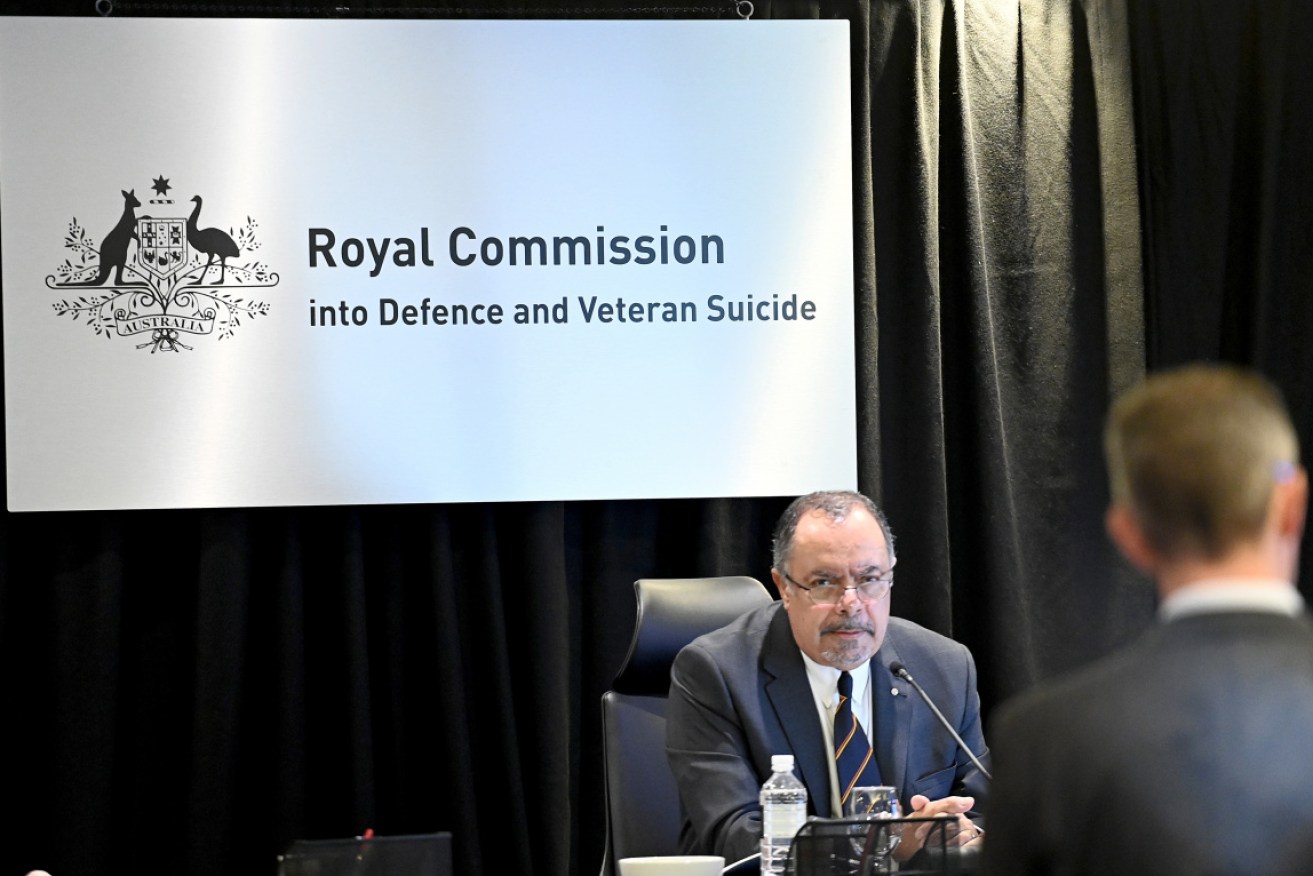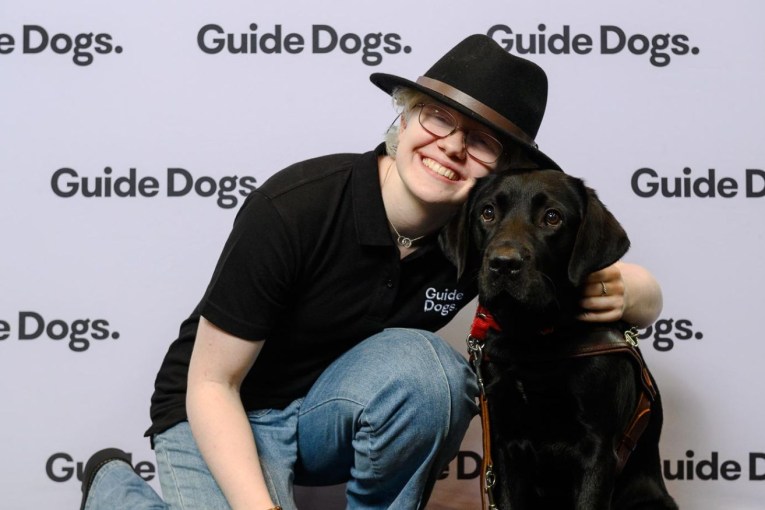Gay veteran ‘shamed’ by ADF over sexuality

The royal commission is hearing evidence from former ADF members who've had suicidal ideation. Photo: AAP
A gay air force veteran was left a “wounded person” after being forced out of the military following a surveillance operation targeted at his sexuality, a royal commission has been told.
The commission in Sydney is probing the issue of defence and veteran suicide and on Tuesday heard evidence from Danny Liversidge, who was discharged from the RAAF in 1991 for being gay.
When he joined up in the 1980s, Mr Liversidge thought he would be a “20-year man” in the air force until he was summoned to an interrogation with military police and shown photos, dates and times of his attendance at gay bars.
He was 23 at the time and learned he had been placed under surveillance with his movements tracked, with the veteran describing the two-hour ordeal as “shaming and humiliating”.
He was asked over 100 questions in the session, including what type of company he kept and how many times he had had sex with men before he was forced to say “yes, I believe I’m a homosexual”.
“I’m sitting there terrified, absolutely terrified,” he said.
Because of his sexuality, he was “blackmailed” at the meeting into quietly leaving the air force, when faced with the prospect of either a dishonourable discharge or a stalled career.
He was told homosexuality was “incompatible” with military service in the ADF.
After leaving RAAF, Mr Liversidge said he was left a “wounded person” and ended up homeless, sleeping in his car and experiencing suicidal thoughts.
Just 12 months after being discharged, the military’s stance on homosexuality changed to a ‘don’t ask, don’t tell’ policy, but Mr Liversidge was never contacted to resume his career.
“I would have been back there in a flash,” said the veteran, who was considered by his superiors to be a loyal, committed and enthusiastic airman during his time in the RAAF.
Earlier, Glenda Weston, the mother of Bradley Carr, who died by suicide on Anzac Day 2019, aged 34, said she was “horrified” at the amount of medication prescribed to her son on his return from Afghanistan.
Ms Weston told the inquiry her son suffered PTSD after returning from an eight-month deployment in Afghanistan, resulting in bouts of aggression, flashbacks and anxiety.
On one occasion, after being “triggered”, Mr Carr jumped out of a car travelling at around 80km/h on a highway in a bid to, in his mind, keep his mother safe.
Ms Weston said the army knew her son was struggling and gave him, in her opinion “too much medication” as treatment.
He took medications from Veterans Affairs doctors that included: Endone, OxyContin, Diazepam, Panadeine, Panadol, Suboxone and Stilnox, and was given prescriptions both during his military service and after being discharged in 2012, she said.
“I was horrified with the medication that Brad was on, I just feel the human body couldn’t take that.”
After being discharged, Mr Carr fought for years to get a gold card to help with payments for treatment at clinics before finally receiving the card in 2018, the inquiry was told.
Ms Weston said if he had been granted the card sooner “it would have made a big difference”.
Later this week, the inquiry will hear from DVA staff, consulting firm McKinsey and medical experts.
Suicide rates are 24 per cent higher for ex-serving men and double for ex-serving women, compared with the general population, according to federal government data.
Lifeline 13 11 14
Open Arms 1800 011 046
– AAP








